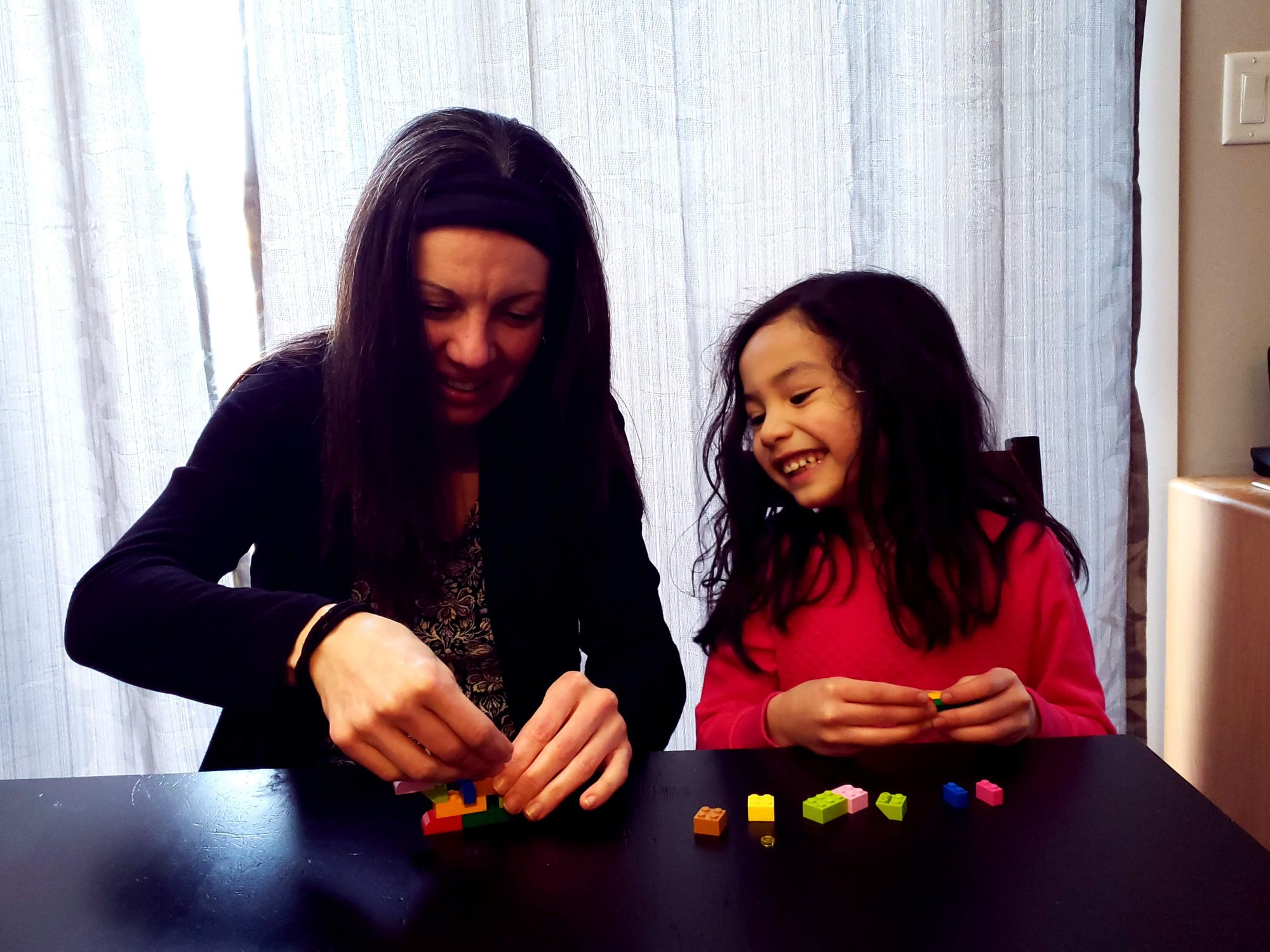
Science is not a matter of opinion nor of personal choice. Science is universal, it is the human attempt to understand and explain nature.
Dr. Claudia Gonzalez is a professor in the Department of Kinesiology & Physical Education. She holds a bachelor’s degree in psychology from the National Autonomous University of Mexico. She also holds a MSc and a PhD in neuroscience from the University of Lethbridge. In 2009 Gonzalez came to the University of Lethbridge as a Canada Research Chair.
What is your area of study?
Cognitive Neuroscience (PhD).
What excites you about science?
Discovery! To me, the most exciting part about science is finding answers to questions about nature and how it works. The second most exciting part is the process that is enabled when trying to answer those questions. Coming up with creative ways to test hypotheses and analyze results, is often as much fun as finding the answers in the first place.
What sparked your interest in science?
A fascination for understanding human behaviour. When I was in high school, I would spend hours watching people; it became a habit to observe a person's actions and wonder what led that person to behave in that particular way. I realized that if I wanted to understand the mind, I had to first understand the brain, so I pursued a career in neuroscience.
Tell us about the first time you felt really excited about what you were learning in science.
When I was seven years old my older brother and I wrote a book about animals and their habitats. We would gather information from books and encyclopedias (there was no internet) and then I would write down (by hand) the important bits. My brother was better at drawing, so he did the illustrations. In the end, we were the proud creators of a 100-page "biology" book. Although there was no scientific question or hypothesis tested, it was my first research endeavour and I loved it. Later, I participated in various "science fair" events organized throughout middle and high school. I loved the idea (still do!) of formulating a question, a hypothesis, coming up with interesting ways of testing such a hypothesis, and in the end, getting an answer. Best of all? That process often leads to more questions, more hypotheses. It is a never-ending cycle, and it is truly fun.
What do you hope to accomplish through your scientific research and/or work?
For me, the most meaningful work I aspire to do is translational. My plan for the next 10 years is to put significant effort into translating and mobilizing the knowledge gained through my basic research into programs and practical tools designed to improve cognitive abilities in people at the early (children) and later (seniors) ends of the human lifespan. Here is an example: For years, basic research has demonstrated sex differences in mental rotation ability. Mental rotation is crucial for navigating the environment as it allows us to understand situations in which objects are rotated in space. When finding our current location on a map or when using a rear-view mirror to understand the location of vehicles behind us, we are using mental rotation. Studies have consistently found that males outperform females at this ability. The majority of these studies, however, have assessed mental rotation using paper-based tests even though most of our every-day spatial transformations involve three-dimensional objects. To overcome this limitation, in my lab we developed a novel task for assessing mental rotation using real objects, Lego bricks. We are using this task to investigate how sex/gender shape the developmental trajectory of visuospatial functions. The information gathered from children, adults, and seniors will allow us to create a reliable profile that will help us identify:
1) when sex/gender differences first appear
2) how and which biological and/or environmental factors may be influencing their appearance, and
3) whether there is a potential critical period in which to enhance these abilities.
On this last point and to illustrate how basic research can be translated, we are investigating whether our Lego task can be used as a tool to enhance mental rotation ability. Preliminary analyses have shown that 30 minutes of targeted training with the task can improve the scores on other tests of mental rotation, particularly in females. Developing programs that enhance mental rotation ability is important because mental rotation is a predictor of success in Science, Technology, Engineering, and Mathematics (STEM) disciplines. Early success in schoolwork that requires visuospatial ability, attributable to such programs, may empower girls and increase their interest and subsequent engagement in STEM related fields.
What words of inspiration would you like to share with the next generation of women & girls in science?
Three things:
1) Science is not a matter of opinion nor of personal choice. Science is universal, it is the human attempt to understand and explain nature.
2) When you pursue a scientific career, you are not committing to a field or a job, but rather to a lifestyle. Science is a ""modus vivendis"", the never-ending search for answers and knowledge.
3) You will have options when it comes to choosing a career. Please keep in mind that you can always be an amateur poet while pursuing a career as a professional engineer, but it does not work the other way around.